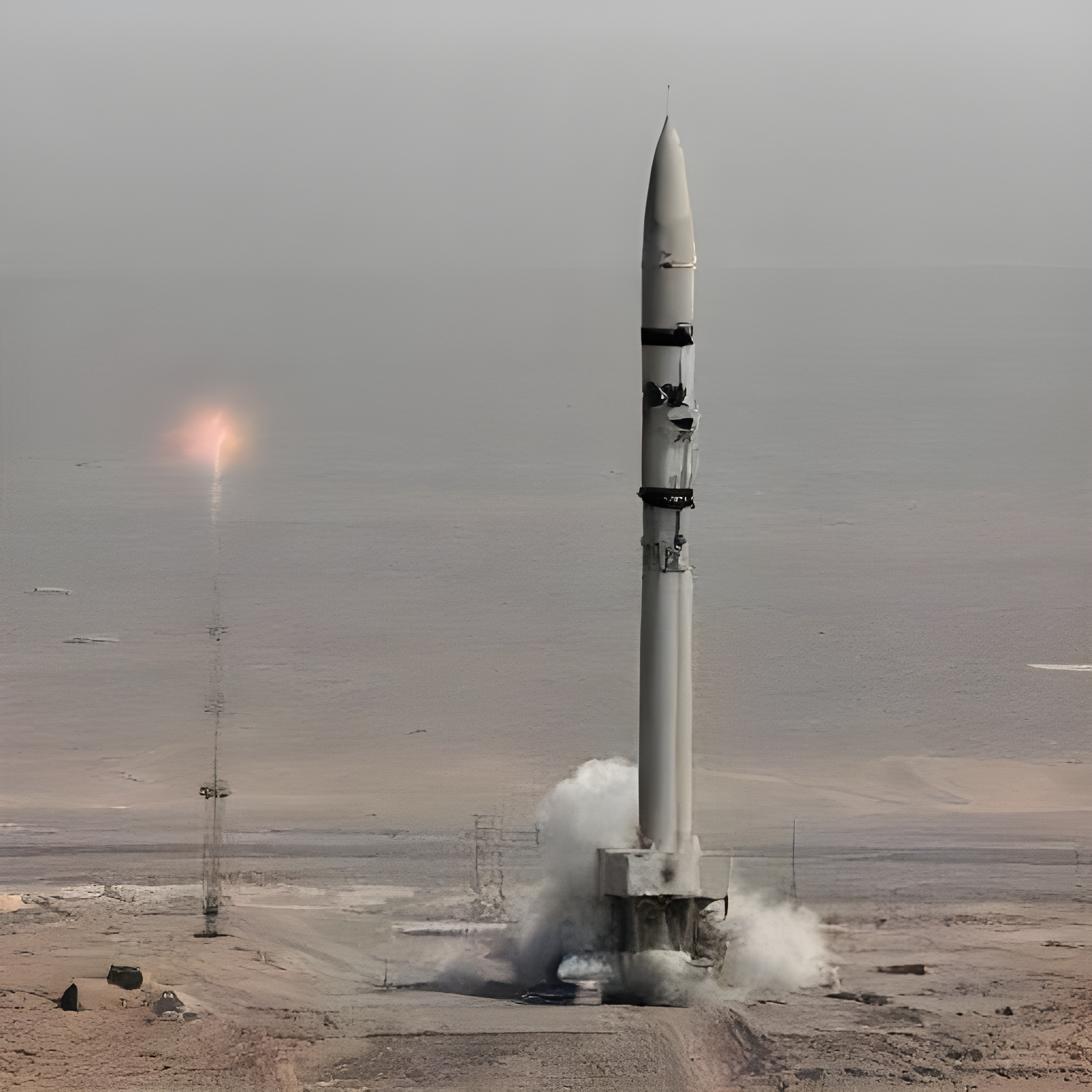Here is a snapshot from our Iranian Missile Attacks on Israel Narrative Intelligence brief.

This Iranian Missile Attacks on Israel narrative is driven by 82 sources in the U.S. Media module, amplifying 180 narrative items.
Today, our Narrative AI highlights the escalating tensions between Iran and Israel, with Iran launching unprecedented missile and drone attacks at Israel from its own territory. Israel, with US support, successfully intercepted most of the projectiles. The events underscore Iran's determination to retaliate against perceived threats and Israel's reliance on its defense systems to counter these attacks.
The issues described in the summary highlight the escalating tensions between Iran and Israel, with implications for regional security and international relations.
Demographics: Iran's population of over 80 million people gives it a significant manpower advantage in any potential conflict. Socially, both countries have deep-rooted animosities and historical grievances that fuel their antagonistic relationship.
Economics: Both Iran and Israel have invested heavily in military capabilities, with Iran focusing on missile development and Israel on missile defense systems like Iron Dome.
Politics: The involvement of the United States in the region adds another layer of complexity, as seen in the perceived failure of US air defense systems during Iran's retaliatory attack on Israel.
Geography: The proximity of Iran and Israel in the Middle East heightens the risk of conflict, especially given Iran's naval drills in the Gulf. Militarily, Iran's development of missiles capable of targeting US aircraft carriers poses a threat to regional stability.
National Security: Israel's successful interception of the majority of Iran's projectiles demonstrates its military capabilities, but the April 14 attack has forced Israel to reassess its strategic calculus. The involvement of Hezbollah in the conflict further complicates the situation, with near-daily exchanges of fire along the Lebanon-Israel border.
Overall, the tensions between Iran and Israel have broader implications for regional security and international stability, with the potential for further escalation if radical elements in Iran choose to take more risks. The events described underscore the complex interplay of demographics, social, economic, political, military, and geographic factors in shaping the dynamics of the Iran-Israel conflict.
Our Kudzu Narrative Intelligence brief auto-updates every few hours with fresh analysis:
Note: Kudzu Narrative Intelligence briefs update every few hours. Very likely, the Narrative Analysis above will have changed as well.
Image Credit for Article Header: deepai.org